Artificial Intelligence (AI) has made remarkable breakthroughs in healthcare over recent years, revolutionizing the way medical professionals diagnose, treat, and manage diseases. These advancements are not only enhancing patient outcomes but also transforming the efficiency and accessibility of healthcare services worldwide.
1. AI-Powered Medical Imaging
One of the most significant breakthroughs is the use of AI in medical imaging. Deep learning algorithms now assist radiologists by detecting abnormalities such as tumors, fractures, and infections with high accuracy. For example, AI systems can identify early-stage lung cancer from CT scans and breast cancer from mammograms, often outperforming human experts in speed and precision.
2. Precision Medicine and Genomics
AI has accelerated progress in precision medicine by analyzing genetic data to develop personalized treatment plans. Breakthroughs in AI-driven genomic sequencing allow clinicians to tailor therapies based on a patient’s unique genetic profile, increasing treatment efficacy and minimizing side effects, particularly in cancer care.
3. Drug Discovery and Development
AI is revolutionizing drug discovery by drastically reducing the time and cost needed to identify promising drug candidates. Algorithms analyze vast datasets to predict how molecules interact with targets in the body, speeding up the development of new medications. AI-powered platforms have recently helped identify potential treatments for diseases like Alzheimer’s and COVID-19.
4. Natural Language Processing (NLP) in Healthcare
NLP breakthroughs enable AI systems to understand and extract meaningful insights from unstructured clinical notes, electronic health records (EHRs), and medical literature. This capability improves clinical decision support, automates documentation, and facilitates research by aggregating and analyzing vast amounts of text data.
5. AI-Driven Remote Monitoring and Telemedicine
AI breakthroughs in wearable devices and remote monitoring tools allow continuous tracking of vital signs such as heart rate, glucose levels, and oxygen saturation. These innovations support proactive healthcare management, enabling early detection of health deterioration and reducing hospital admissions, especially for chronic conditions like diabetes and heart disease.
6. Robotics and AI in Surgery
Robotic surgery enhanced by AI algorithms has improved precision, reduced invasiveness, and shortened recovery times for patients. Systems like the da Vinci Surgical System assist surgeons in performing complex procedures with enhanced dexterity and control, leading to better outcomes.
7. Predictive Analytics for Patient Care
AI breakthroughs in predictive analytics help healthcare providers anticipate patient risks, such as the likelihood of sepsis, readmission, or disease progression. These insights enable timely interventions, resource optimization, and improved care coordination.
8. AI in Mental Health Diagnosis and Therapy
Emerging AI tools analyze speech patterns, facial expressions, and behavioral data to assist in diagnosing mental health conditions such as depression and anxiety. AI-powered chatbots and virtual therapists also offer scalable mental health support, improving access to care.
Conclusion
The breakthroughs in AI across various healthcare domains are setting the stage for a new era of medicine characterized by precision, efficiency, and accessibility. As AI technology continues to evolve, ongoing innovation promises to further transform healthcare delivery and improve patient lives worldwide.


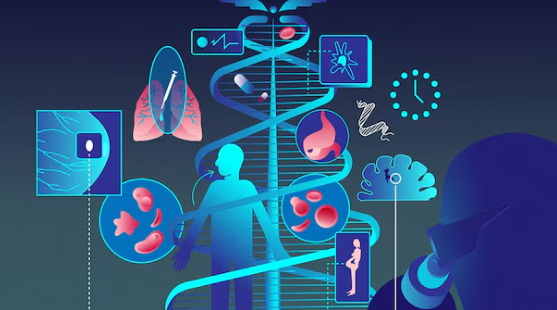
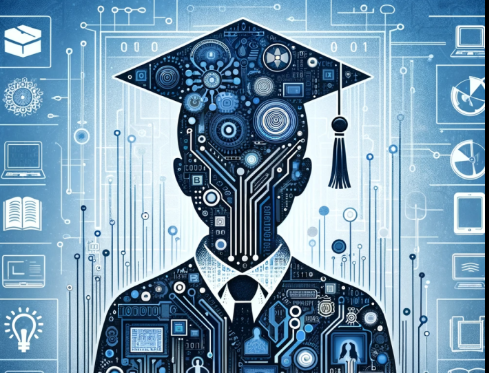
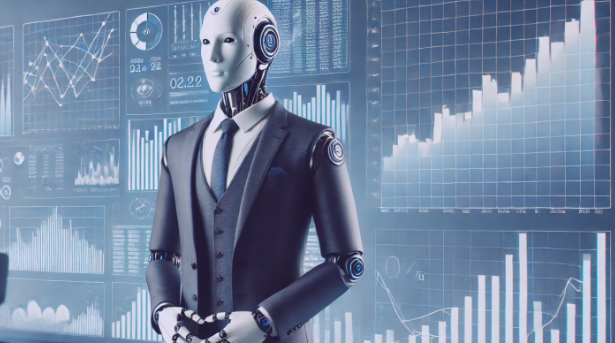
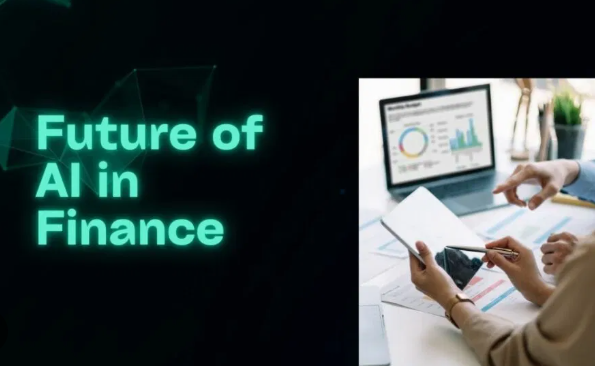
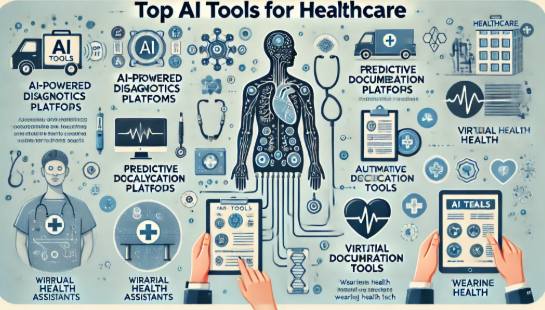
Leave feedback about this